By Bree Al-Rashid, Redfin real estate agent in Seattle
Before buying any home, it’s important to consider your lifestyle, and what your needs will be in the next five to ten years. That’s especially the case when it comes to choosing what type of home to purchase. Redfin.com allows you to narrow your search based on the types of home you are interested in, but for those who aren’t clear on the differences, here’s a handy guide to the benefits and drawbacks of each type of residential building.
Single Family Homes
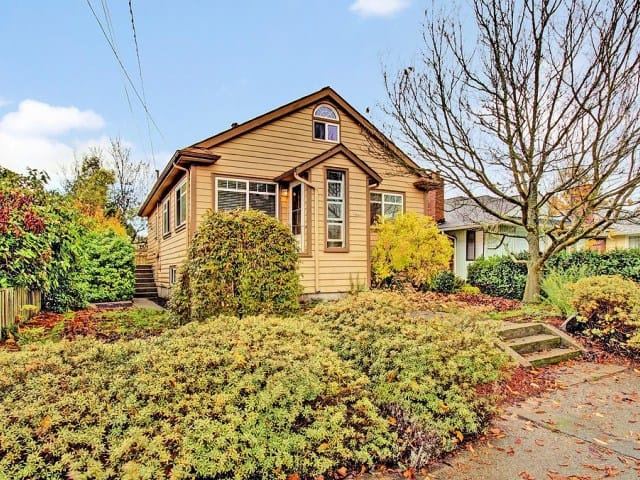
Definition: Single family homes (often abbreviated as SFH) are homes built on a single lot, with no shared walls. Sometimes there’s a garage, attached or detached.
Plus Sides: This type of home tends to offer more privacy than condos and townhomes, which often share walls. They also tend to be larger, and possibly come with front and back yards. Since you don’t share the property with anyone else, you are free to express yourself with any type of home design you choose. They also tend to have a more reliable resell value than condos and townhomes.
Downsides: The downside is that they generally require a lot more maintenance, and all of the cost for that falls on the shoulders of the homeowner. With condos and townhomes, you share the costs involved with yard maintenance, plumbing, roofing, etc.
Condominiums
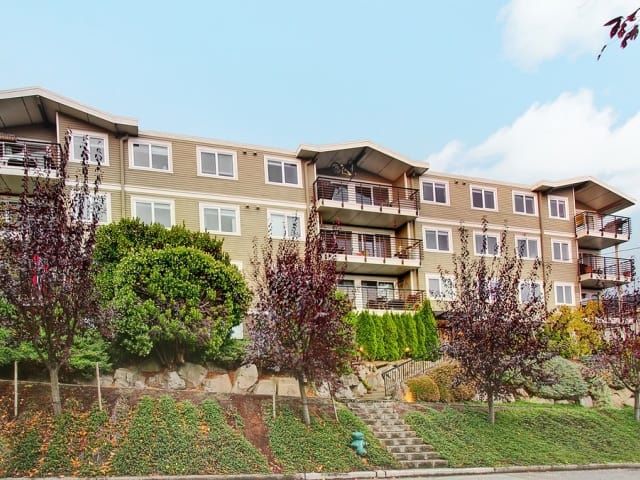
Definition: Condominiums (or condos for short) are single units within a larger building or community. The unit often shares a wall or two with other units. They generally come with homeowners’ associations (HOAs), which require the residents to pay monthly or yearly dues. Condos are popular in urban, high-density areas, where there are many restaurants and shops.
Plus Sides: The benefits of living in a condo include low responsibility on the homeowner’s part to contribute to maintenance and upkeep. For example, if the roof goes out, you share the costs with other residents, instead of paying for the whole thing yourself. In addition, some condos offer gyms, lounge areas, pools and other amenities that you might not be able to afford or have space for in a single family home.
Downsides: Condo homeowners’ associations often limit the types of remodeling you can do, and there can be pet and rental restrictions as well. HOAs want uniformity and safety; you don’t want one homeowner replacing doors and windows if they’re not to a high standard, or safely installed! In addition, because you share a space with others, there’s not as much privacy, and you need to be extra cautious of disturbing your neighbors because they are so close.
Co-ops
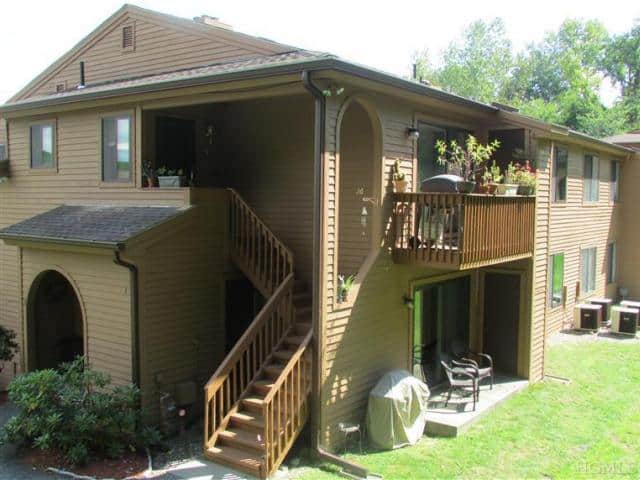
Definition: Co-ops are very similar to condos, but they’re a different way to hold a title of a shared building. With a condo, you own the space within your unit, but with a co-op, everyone owns the building together. Because of the shared responsibility, there’s often an interview process to become part of the community.
Plus Sides: Co-ops tend to take on the maintenance as a community, so they tend to have lower HOA dues. They also tend to be less expensive than comparable condos.
Downsides: You share financial responsibility of the whole building with your neighbors, which means if someone stops paying their mortgage on a co-op, the bank can foreclose on the whole building. It can be more difficult to get a loan for a co-op than a condo; most require more money down, and some banks won’t support it.
Townhouses
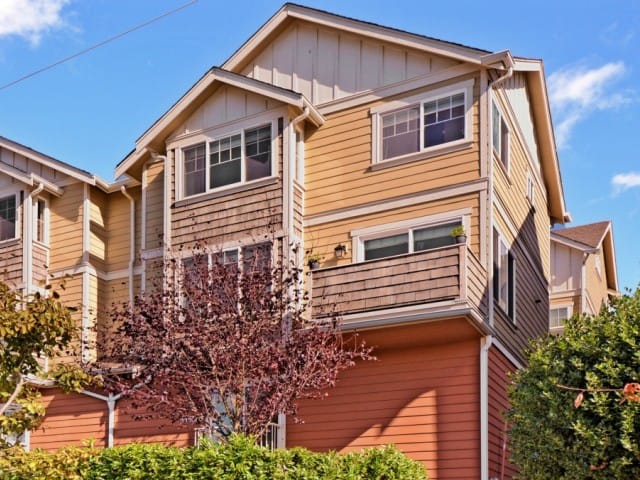
Definition: Townhouses are a hybrid between a condo and a single family home. They are often multiple floors, with one or two shared walls, and some have a small yard space or rooftop deck. They’re generally larger than a condo, but smaller than a single family home.
Plus sides: Townhomes often have more privacy than a condo might afford. Some have HOAs or joint maintenance agreements to share upkeep costs. They tend to be more affordable than a single family home.
Downsides: Townhomes don’t usually have shared amenities like a gym or a pool. They’re not as private as a single family home.
Multi-family units
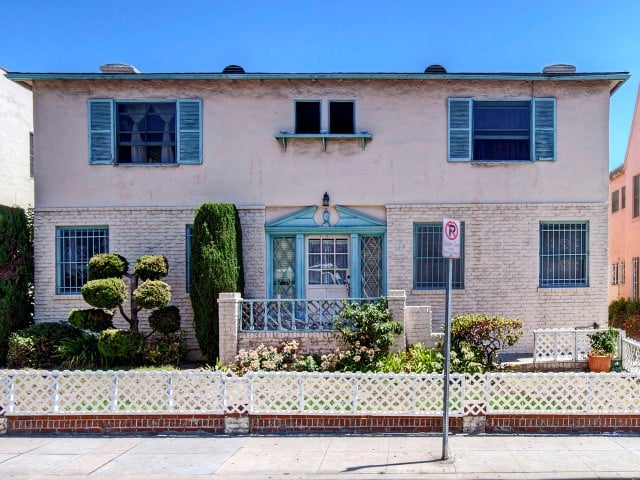
Definition: Multi-family homes are the least common of the residential types. They can be anything from a duplex to a four-plex; anything more becomes commercial. They could be row house style or multiple floors. Multi-family units could also be apartment style flats, but usually each unit has its own separate entrance. The distinction between multi-family units and condos is that the units can’t be purchased individually; there’s one owner for the whole building.
Plus sides: People who look for these are usually people looking for an investment property. They can live in one unit, and rent out the others for income, or rent all units. Compared to a condo, there are fewer people you’re sharing your building with and it tends to be more private and quiet. You may also have some yard space.
Down sides: Like a townhome, they’re a hybrid between a single family home and a condo. They tend to be smaller than single family homes, and less private. If you’re renting one, the maintenance costs go to the landlord, but if you own one, as the landlord, you’re bearing all the costs for maintenance, plus the time commitment of finding renters.
Land

Definition: Just land, no home of any type.
Plus sides: The sky is the limit; you can do whatever you want to improve the property. Build whatever home you’d like, or grow/raise crops or animals (within local restrictions).
Down sides: Land can be difficult to purchase in terms of financing. It tends to require a much larger down payment, and fewer lenders are available for someone looking to finance a land purchase. Banks like to know that there’s going to be someone living on it, and that it will be improved. It’s easier to know what a property is going to be used for when you see a structure sitting on it. Also, it may not come with utility hookups, so you’re responsible for bringing gas, water, sewer, electricity to the land to build a structure.
For more information on residential building types and buying or selling a home, check out my video series in the SFGate Home Guide section: Real Estate Tips You Need to Know

About Bree Al-Rashid, Redfin Real Estate Agent
Bree Al-Rashid has been selling homes with Redfin in North Seattle since 2008, and was a financial adviser prior to getting into real estate. She works for Redfin, a technology-powered real estate brokerage that’s on a mission to change the real estate industry in the consumer’s favor. You can contact Bree and read her client reviews on Redfin.com.







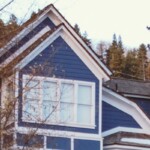




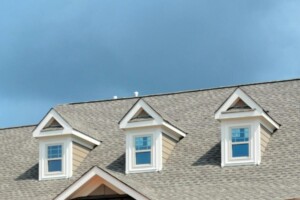
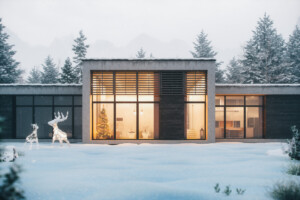













 United States
United States Canada
Canada